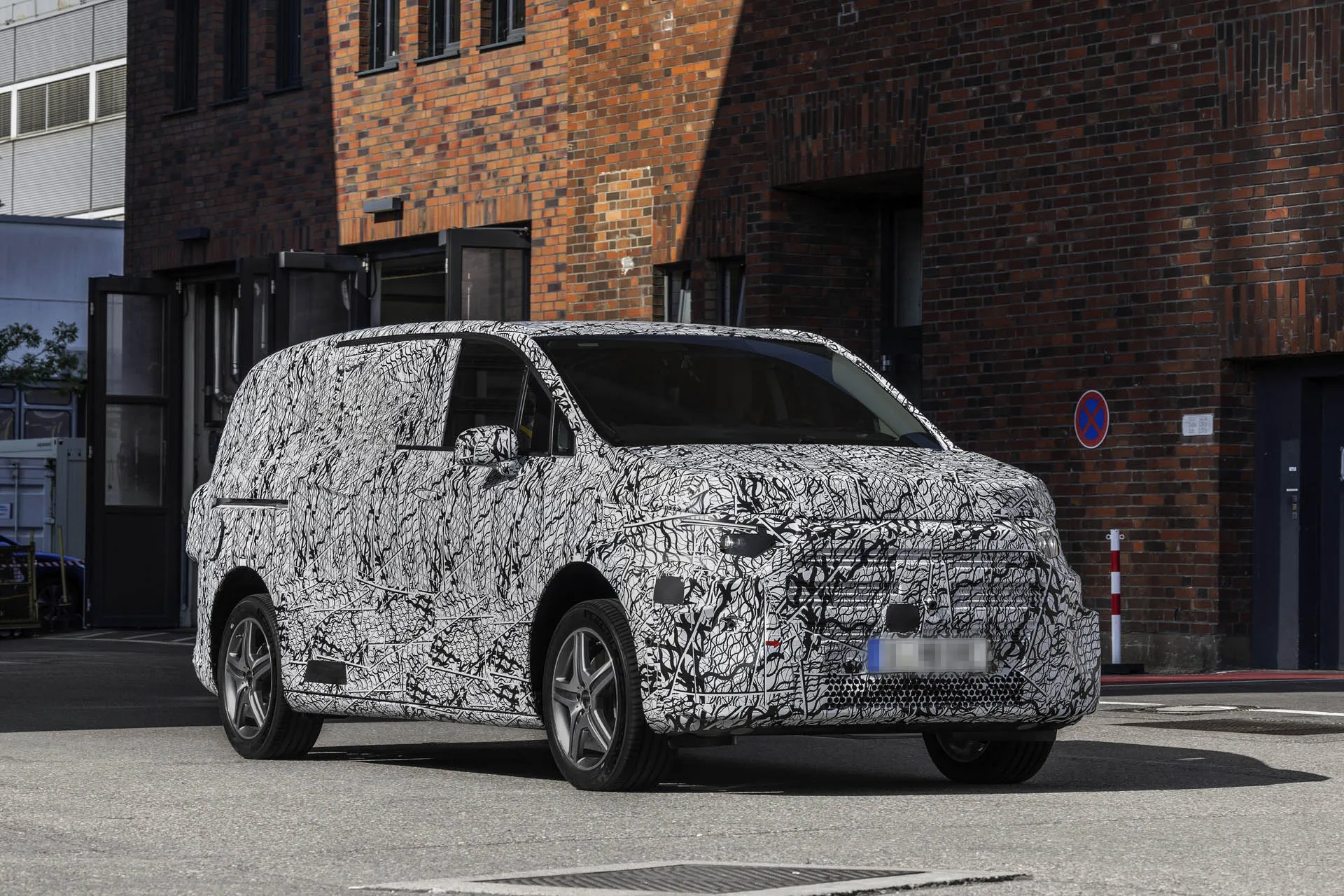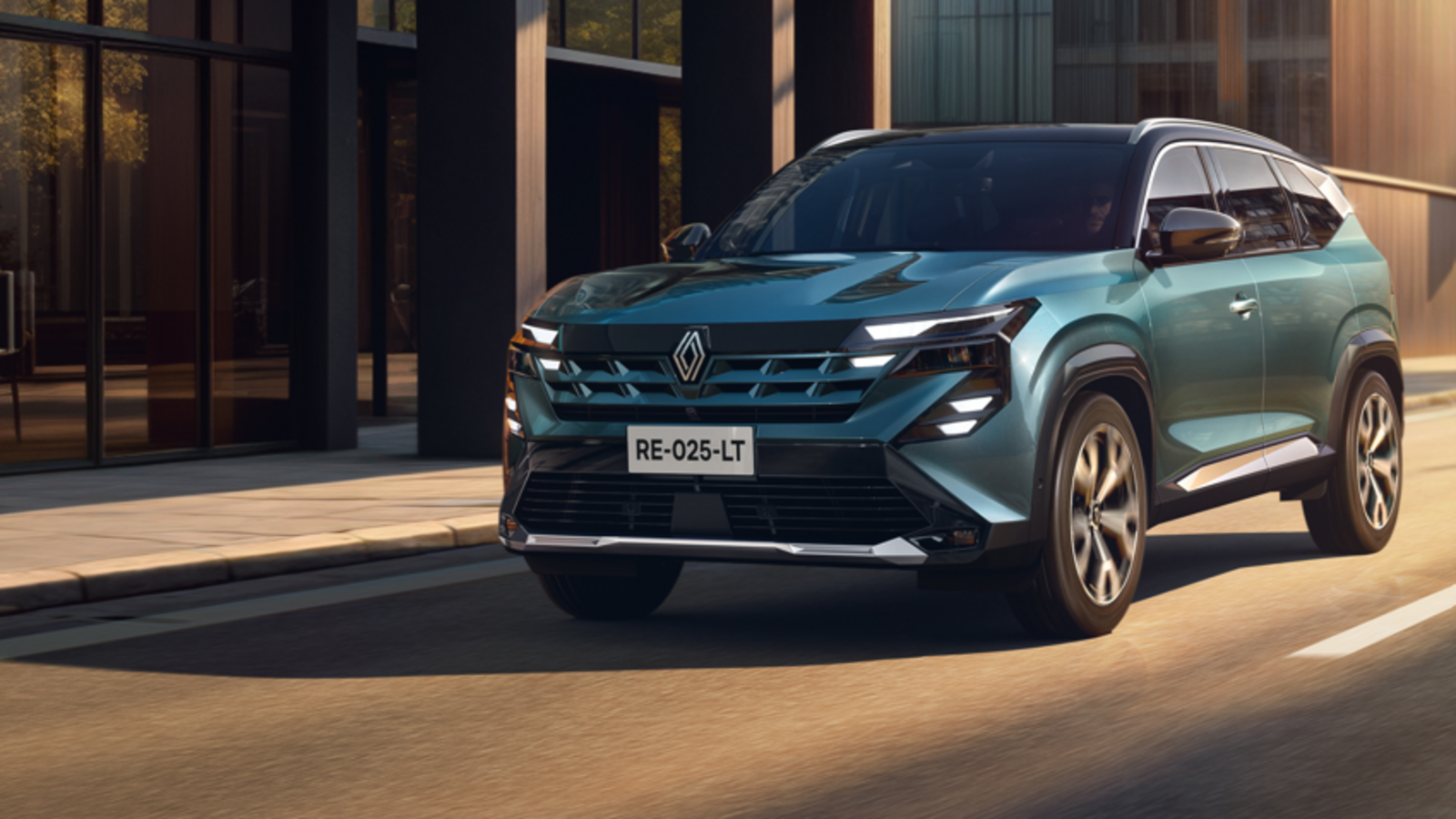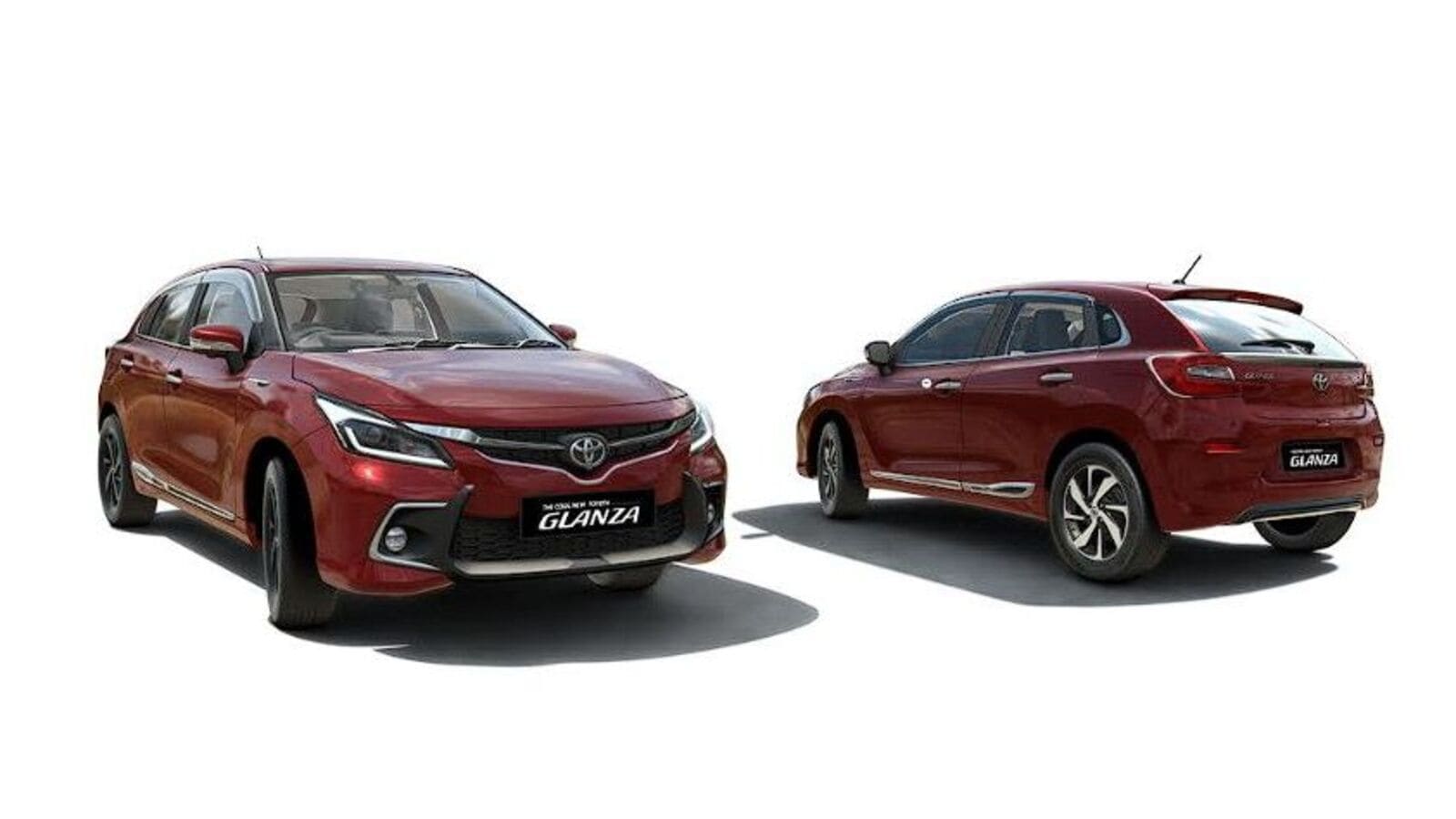Mercedes-Benz is testing prototypes of its next-generation electric vans ahead of their scheduled debut in 2026.
Unlike the current eSprinter and other smaller electric models sold in Europe that are based on existing combustion models, the new vans will debut a dedicated EV platform called Van.EA. Every Mercedes van introduced after 2026 will use this platform, which provides a shared set of components and modules accommodating mid-size and large vans.
Mercedes previously confirmed that this modularity will be accomplished with three main blocks, including front and rear blocks designed to house electric motors. In another difference from the rear-wheel drive eSprinter, the future Van.EA models will have front-wheel drive in single-motor form, and will also offer dual-motor all-wheel drive.
Mercedes-Benz Van.EA prototypes via Mercedes-Benz
Prototypes made a test run from Mercedes’ hometown of Stuttgart, Germany, to Norway’s North Cape in early June of this year, according to the automaker. Next they’ll be sent to Sweden for winter testing.
In addition to typical passenger and cargo vans, Mercedes last year confirmed a U.S.-bound electric luxury van based on the Van.EA platform. Mercedes has also said that its Van.EA plans include electric RVs, although it hasn’t confirmed any for the U.S. as an alternative to the VW ID.Buzz camper van that can so far only be had via aftermarket conversion.
Van.EA is one of several electric architectures being developed by Mercedes, along with the new MMA platform that may support a Tesla Model Y-fighting electric crossover. However Mercedes in February delayed EV sales targets that would have seen it go all-electric by 2030, and still hasn’t confirmed an end date for sales of internal-combustion vans.




